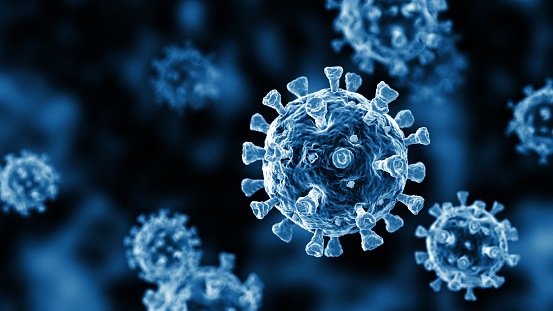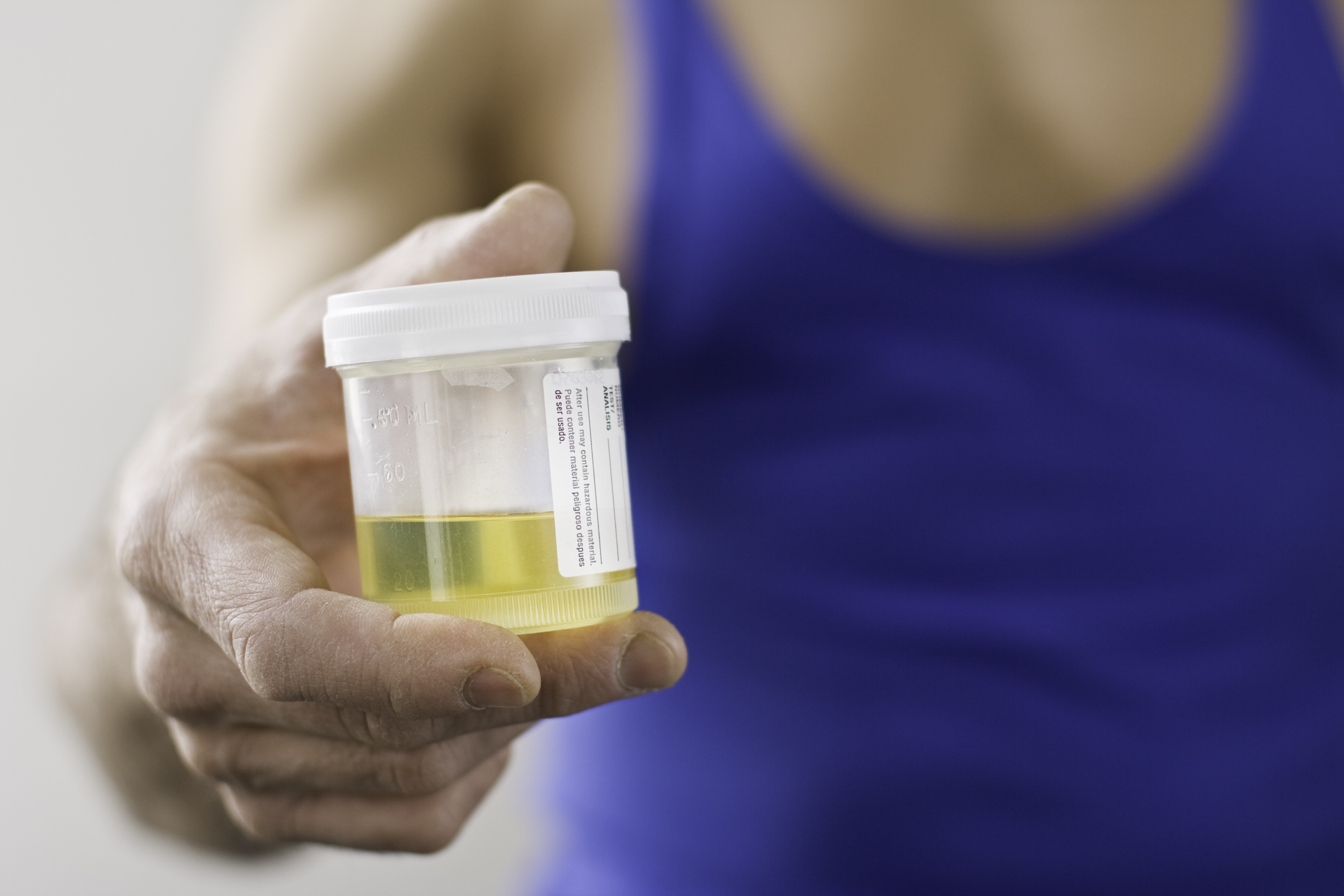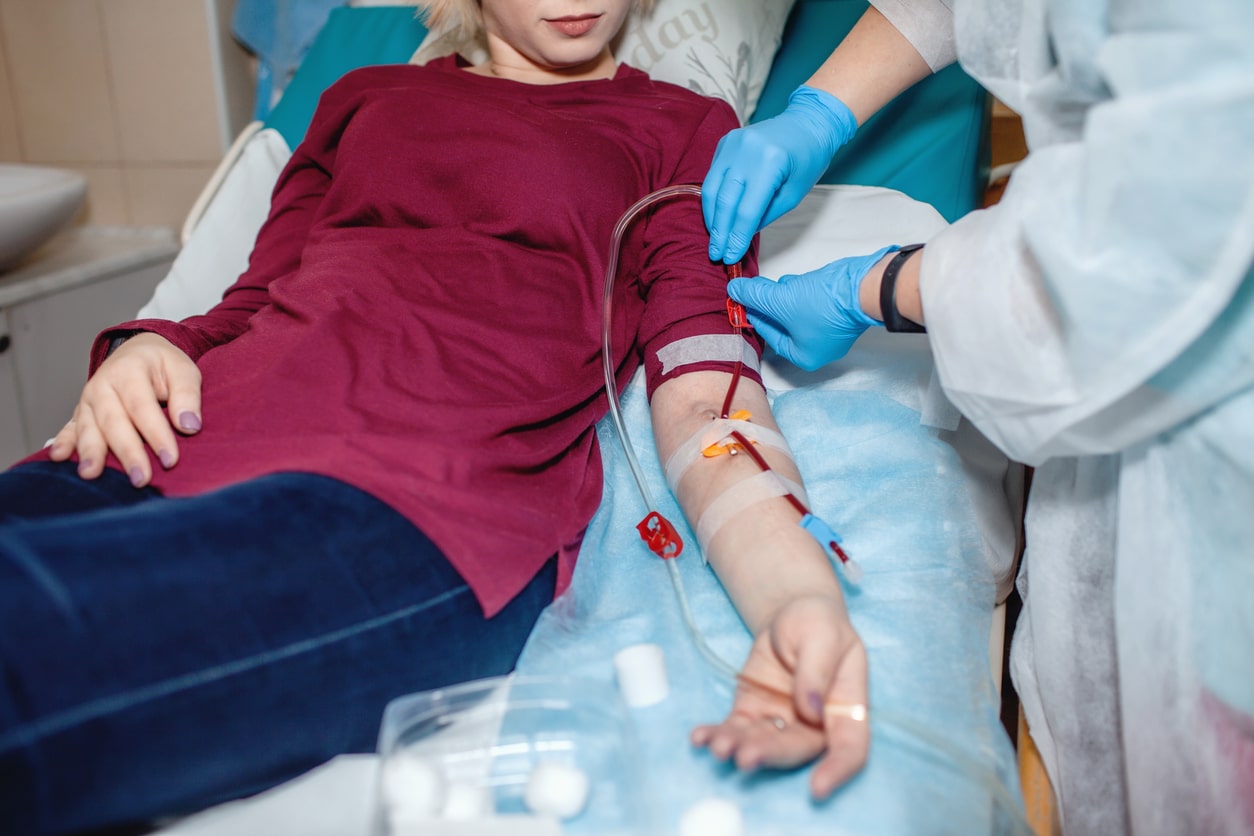
Kidney Week 2020
Coronavirus disease 2019 (COVID-19) infection is characterized by acute respiratory syndrome, In some patients, COVID-19 infection manifests in severe symptoms, including a high incidence of acute kidney injury (AKI), which is associated with poor prognosis. Patients infected with COVID-19 experience a complex host response, including a cytokine storm and severe inflammation.
Sandheep Venkataraman, MD, and colleagues at the University of Colorado Denver School of Medicine, Aurora, Colorado, conducted a cohort study to examine whether high inflammatory markers on admission for COVID-19 predict the development of AKI. Results of the study were reported during a virtual poster session at ASN Kidney Week 2020 in a poster titled High C-Reactive protein and D-Dimer on Admission Predict the Development of AKI in Patients Hospitalized with COVID-19.
The study analyzed data from 430 patients admitted with COVID-19 to the University of Colorado Hospital. Patients with a known diagnosis of end-stage kidney disease or chronic kidney disease and those with missing data were excluded, resulting in a final analysis cohort of 203 patients.
The primary predictors were initial serum C-reactive protein (hsCRP) >100 mg/L and D-dimer >1000 ng/mL fractional excretion of urea (FEU) on admission to the hospital. The primary outcome was AKI, defined using Kidney Disease Improving Global Outcomes criteria based on serum creatinine levels. Diagnosis of AKI was confirmed by chart review. The association between CRP and D-dimer on admission and development of AKI was examined using multivariate logistic regression analysis.
Mean age of the cohort was 53.7 years, 59% were male, 40% were Hispanic, and 22.7% were Black. Mean body mass index was 31.5 kg/m2, 44.3% had hypertension, 35.0% had diabetes, and 23% had underlying respiratory disease.
Twenty-seven patients (13.1%) developed AKI. Following adjustment for age, sex, race/ethnicity, diabetes, hypertension, respiratory disease, cardiovascular disease, and use of an angiotensin-converting enzyme inhibitor or an angiotensin II receptor blocker, there was an association between CRP admission level >100 mg/L and a nearly 4-fold increased odds of developing AKI (odds ratio [OR], 3.8; 95% confidence interval [CI], 1.4-9.8). Following full adjustment, there was an association between admission D-dimer level >1000 ng/mL FEU and a 5-fold increased odds of AKI (OR, 5.0; 95% CI, 1.8-13.5).
In conclusion, the researchers said, “High CRP and D-dimer levels on admission were associated with a significantly higher risk of developing AKI, independent of underlying conditions. Thus, high CRP and D-dimer on admission should trigger due deliberation and avoidance of nephrotoxic medication and close monitoring for the development of AKI.”
Source: Venkataraman S, You Z, Kendrick JB. High c-reactive protein and D-dimer on admission predict the development of AKI in patients hospitalized with COVID-19. Abstract of a poster presented at the American Society of Nephrology virtual Kidney Week 2020 (Abstract PO0667), October 22, 2020.







 © 2025 Mashup Media, LLC, a Formedics Property. All Rights Reserved.
© 2025 Mashup Media, LLC, a Formedics Property. All Rights Reserved.